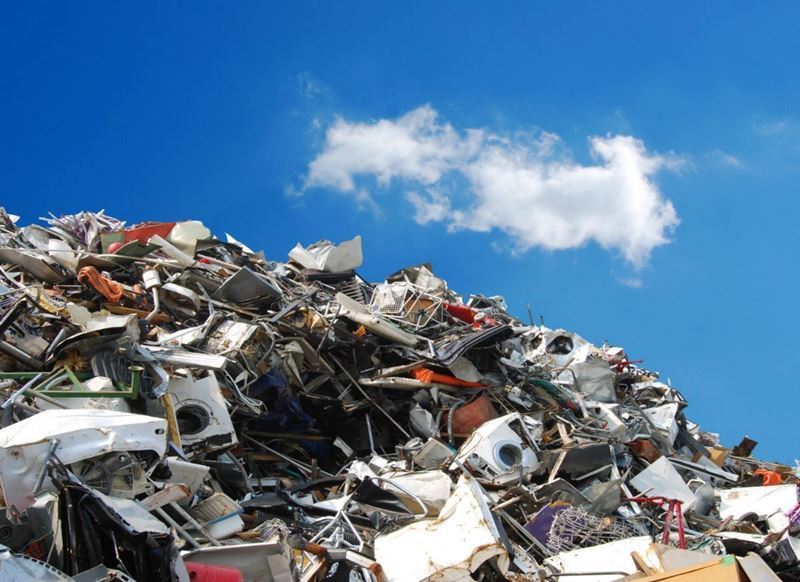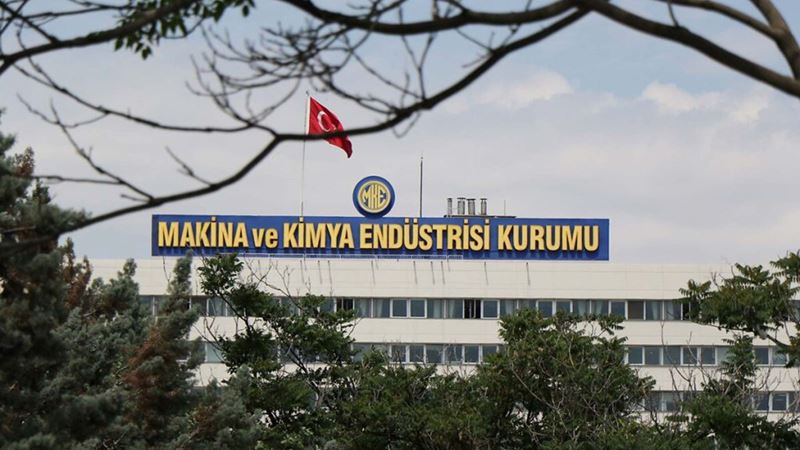Turkey produced 2 million 605 thousand tons of crude steel in January with a decrease of 17.6% compared to the same month of the previous year.
According to TÇÜD data, Turkey's crude steel production also decreased in January. World crude steel production in January 2023 decreased by 3.3 percent compared to the previous year and amounted to 145 million 252 thousand tons. Turkey produced 2 million 605 thousand tons of crude steel in January with a decrease of 17.6% compared to the same month of the previous year, ranking 10th after Iran, Germany and Brazil.
In January, the production of finished steel products was 2.6 million tons with a decrease of 15.4% compared to the same month of 2022, while consumption was 2.9 million tons with a decrease of 3.5%.
In the first month of 2023, the production of flat products decreased by 26.9% to 969 thousand tons, consumption decreased by 11.7% to 1.5 million tons. The production of long products decreased by 8% and consumption increased by 6.3%.
In January 2023, Turkey's exports of steel products decreased by 42.2% on quantity basis. A decrease of 58.1% in flat products, 30.3% in long products, and 74.4% in semi-finished products was observed.
In January, Turkey's imports of steel products decreased by 9.1% on a quantity basis. Flat products decreased by 12.1%, semi products decreased by 10.6%, while long products increased by 15.8%. The decline in imports at a lower level than exports was mainly due to the extraordinary increases in flats and semis imports from Russia, China, South Korea, Indonesia, Japan, Belgium and Taiwan.
The ratio of exports to imports, which was 84.42% in the first month of 2022, decreased to 55.37% in 2023. While the share of imports in steel products consumption was 27.8%, the share of imports in flat product consumption reached 46.3%. The share of imports made within the scope of DIR in the imports realized was 99.6% in semi products and 35.6% in flat products.
The largest share in our scrap imports, which decreased by 46% in the first month of 2023, was from the EU, which decreased by 25.7 percent compared to the same period of the previous year. While there was a decrease in scrap imports from EU, UK, CIS and North Africa regions, an increase was observed in scrap imports from the Middle East and Gulf region.
State-supported and dumped imports from the Far East and Gulf countries resulted in a 17.6% decline in production and a 42.2% decline in exports in January. In order to prevent the further deepening of the decline in production and exports, which destroys the sector, it is vital to continue the process of reviewing energy prices in parallel with the world markets and to prevent state-sponsored dumped imports.










Comments
No comment yet.